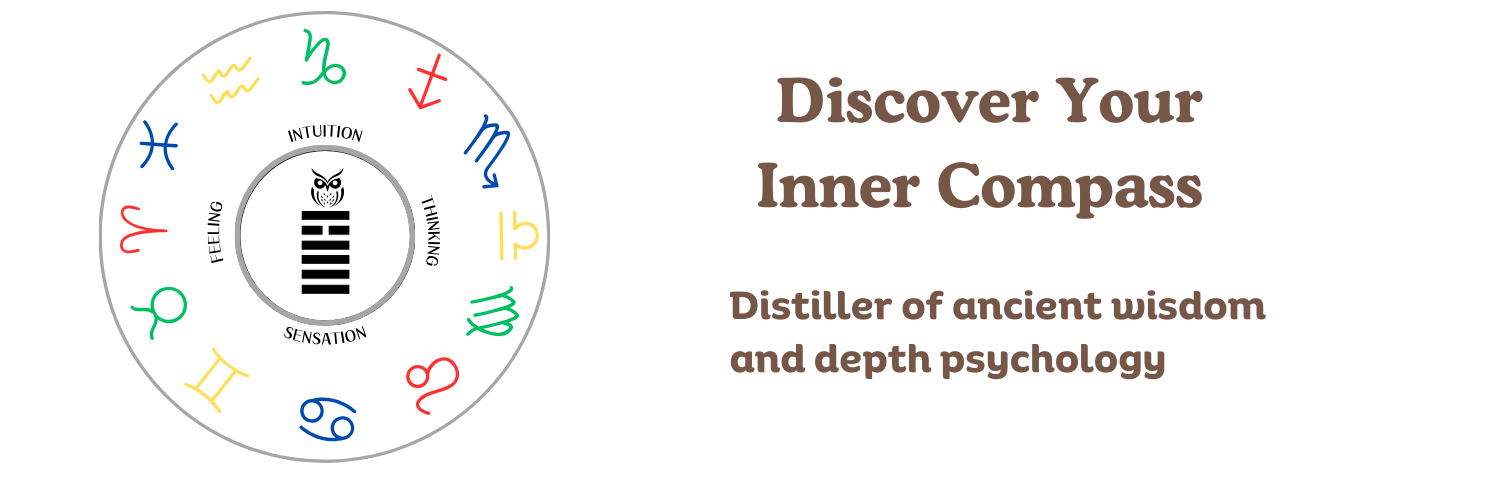War and armies would normally be about the last thing I would typically want to write about.
But, with astrology being a lectionary of sorts, and with the I Ching added to the mix, here we are with Hexagram 7: The Army/Collective Force.
This correlates with the next stretch of Leo season*, which seems contradictory at first, as Leo is more about individuality, whereas its opposite, Aquarius, is focused on the collective.
It makes sense, though, because we see here the necessity of a leader who can question established norms and help the collective move forward.
Such a leader also needs recognition by the community and must deeply understand their needs.
The first example that comes to mind for me is President James Garfield (1831-1881), who is the subject of the best history books I’ve read in the last few years: Destiny of the Republic: A Tale of Madness, Medicine, and the Murder of a President by Candice.Millard
Here are a few facts about him:
*All the rooms in his house were overflowing with books, even the bathroom.
*He was an ardent abolitionist.
*He ended up becoming the presidential nominee at the last minute even though he vigourously resisted it.
*His assassination only seven months into his presidency in 1881 brought people together in a way that would have been impossible before his death.
*He was a polymath. He even wrote “an original proof of the Pythagorean theorem during a free moment at the Capitol.” (Astrological fun fact: Virgo was his rising sign, natal Saturn was in Virgo, and he had a stellium in the third house of Scorpio, including Mercury.)
Millard’s description of Garfield as a leader is very much like how the I Ching and other taoist texts describe the ideal leader:
To his countrymen, a staggeringly diverse array of people, Garfield was at the same time familiar and extraordinary, a man who represented both what they were and what they hoped to be. Although he had been elevated to the highest seat of power, he was still, and would always be, one of their own.
In his commentary on hexagram 7, R.L. Wing says that such a leader has the “ability to call upon the COLLECTIVE FORCE in dangerous times.”
Garfield said: “Of course I deprecate war,” he wrote, “but if it is brought to my door the bringer will find me at home.”
In closing, R.L. Wing reminds us how to balance the self/collective (or Leo/Aquarius) axis: “Ultimately, in matters of your external relationships you must always return to the center of the Self for orientation and processing.”
In her commentary on hexagram 7, Hilary Barrett poses the below questions, which are good ones to ponder in the next week, if you so choose. If you know your Leo placements, and which area of life Leo represents for you, feel free to take that into consideration when answering them:
What are you aiming for?
How can you get more from your strengths?
With all your efforts, are you creating the life you want?
__
Schedule an Astrology Consultation | Subscribe to the Monthly Depth Books Newsletter | Contact Me
*The 64 hexagrams of the I Ching, an ancient Chinese text, are arranged along the ecliptic (the celestial equator) in Human Design. In astrology there are 12 zodiac signs along the ecliptic, so there are 5.3 hexagrams per zodiac sign. I’m contemplating these hexagrams as a way to engage with astrology, the I Ching, and Jungian psychology.
References:
The I Ching Workbook by R.L. Wing
Destiny of the Republic: A Tale of Madness, Medicine, and the Murder of a President by Candice Millard
I Ching: Walking Your Path, Creating Your Future by Hilary Barrett
